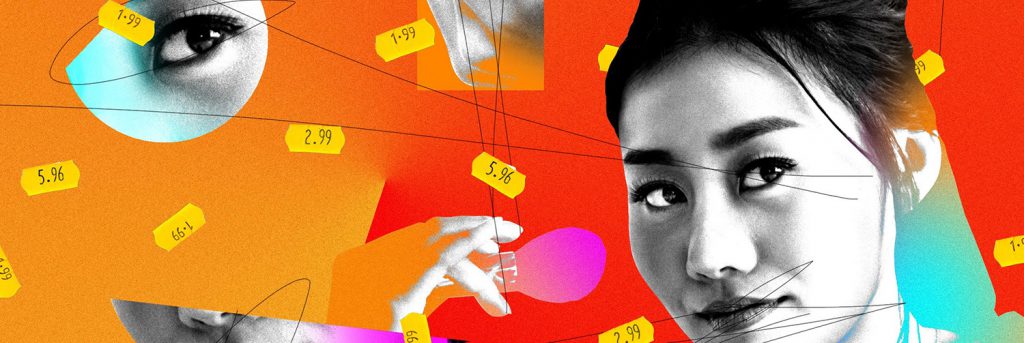The Week in Social: TikTok Control, Influencer Images, and Social Politics

YouTube bought out for Election Day
If you question the value of social media in politics, consider the YouTube masthead as a case study in worth. Come November 3rd, 2020, the masthead on YouTube will belong to a single candidate: Donald Trump. While this may feel like a partisan call-out, note that Barack Obama made the same media buy in 2012. In both cases, the incumbent candidate has been able to secure the ad space because their opponent was yet to be named.
YouTube has taken down over 300 video ads submitted by the Trump campaign for policy violations. For contrast, there’s no way of knowing how many were approved. This particular ad buy is estimated to cost over $1 million. In all, $1.43 billion is expected to be spent on online political ads during the 2020 election – twice what was spent in 2016.

Read more at Bloomberg
Twitter suspends Bloomberg bots
Seemingly, policy violations aren’t a big concern for anyone with a big war chest. It’s well known that Twitter has banned political ads entirely, but there is still a happy hunting ground for generating organic groundswell. Following the 2016 election, Twitter banned using multiple accounts to artificially amplify the popularity of a message. A campaign for presidential hopeful Mike Bloomberg ran afoul of that policy. Twitter has reportedly removed 70 accounts found to be repeating the same message in support of his Presidential campaign.

Read more at The L.A. Times
Flagging fake posts
That’s not Twitter’s only effort to provent its network from being used as a guerrilla political platform. According to NBC, Twitter is testing a moderation tactic that allows users to flag political messages as misleading. The idea is sound, but it brings up a very old question about content moderation. That is, what is to stop an organized group of users from flagging legitimate information as fake?
Read more at VentureBeat
Stealing face from influencers
In the U.S., celebrity likenesses are protected by a concept called the Right of Publicity. To summarize, marketers can’t use a celebrity image to promote goods or services without permission or compensation. The same idea would logically apply to online influencers. but that doesn’t seem to be the case. That is to say, influencers are discovering screenshots of their content being used to promote shops and items they’ve never seen before. Will there be a lawsuit to establish a new practice, or will it be added to the price of fame?

Read more at Wired
Facebook wants your voice
If you own a voice-activated digital assistant, you probably suspect it’s spying on you. Perhaps it isn’t listening to every conversation in ear-shot. But surely it’s tracking when you turn your lights on and off, when you ask about the weather, or if you need to confirm who played Bran in 1985’s The Goonies. Facebook’s app Viewpoints is jumping over the suspicion and offering users $5 in exchange for full use of all recordings. The data is said to go toward improving speech recognition, but can also inform ad targeting on other Facebook properties.
Read more at Ars Technica
TikTok for parents
TikTok is a hit with the kids. Alternatively, parents are not big fans. This week, Tiktok added a new feature that allows parents to create their own TikTok accounts (what?). Parents may then link their account to their teen’s account (or their fake account) to stop inappropriate content, limit screen time, and limit who the teen can direct message (CD9 LMBO).

Read more at TechCrunch
Twitter’s Continue Thread
Whether you want to continue a lost conversation, update a cliffhanger, or spotlight your prescient post from years ago – Twitter has a new feature for you. “Continue Thread” enables you to link to old posts in new content.

Read more at The Next Web